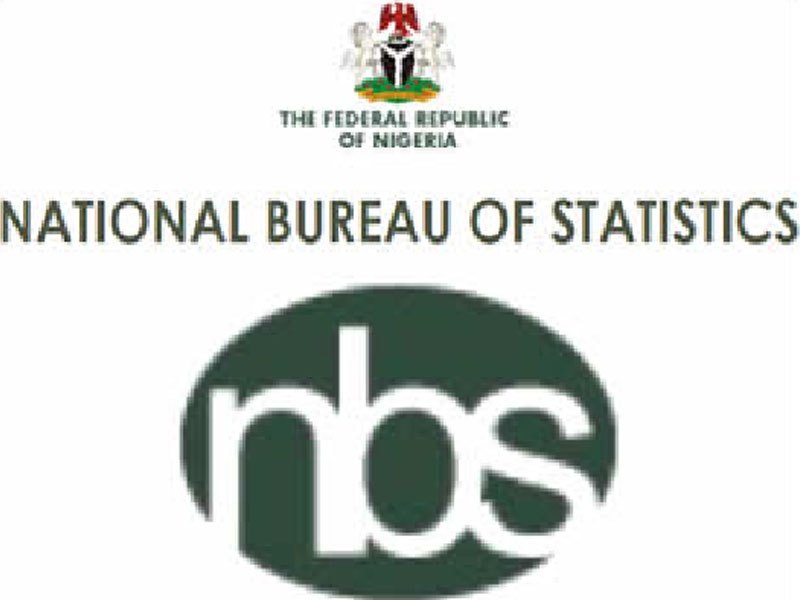The size of Delta State’s economy has risen by 51 per cent in four years with the Gross Domestic Product (GDP) hitting N4.471 trillion in 2019, from N2.961 trillion in 2015, with crude oil and gas playing less roles in driving economic growth.
From N1.221 trillion in 2015, representing 50.34 per cent of the state’s GDP, the oil and gas sectors component dropped to 47.11 per cent in 2019 even though the actual figure increased to N2.115 trillion.
The period saw a corresponding lift in the fortunes of the non-oil sector which played a more decisive role in driving economic growth in the state.
According to the latest Nigerian Bureau of Statistics (NBS) report on Delta State’s economy for four years, the contribution of the non-oil sector to the state’s GDP rose from N1.74 trillion in 2015 to N2.356 trillion in 2019.
In NBS’ poverty ranking among the 36 states, Delta is adjudged the second least poor in Nigeria in 2020, from being the 12th in 2010.
“The impressive poverty ranking is the outcome of an interplay of factors, including efficient public resource management, sound economic policies, effective sector interventions, social and youth-targeted job and wealth creation programmed”, said Dr. Kingsley Emu, Chief Economic Adviser to Governor Ifeanyi Arthur Okowa.
Sectorally, Dr Emu said, agriculture has consistently grown by 13% year-on-year. Agriculture GDP rose from N432 billion in 2015 to N583 billion in 2019, an increase of 35%.
Emu attributed the growth in agricultural output to the effect of value chain development coupled with youth agricultural entrepreneurship programmes of the Okowa administration.
Similarly, Construction GDP recorded a sharp rise as the figure for 2015 rose from N38.98 billion to N54.749 billion in 2019.
“We have spent in excess of close to N400 billion in terms of contracts awarded on roads and civil infrastructure. We have over 1,500 kilometres of roads awarded and 60 to 70 percent of them completed. We have over 700 kilometres of drains and over 60% of them completed. We have 21 bridges under construction, six of which have been completed and 15 as work in progress”, he explained.
The Chief Ecoomic Adviser further disclosed that a sharp increase was recorded in the trade subsector where the GDP stood at N281.302 billion in 2019, up from N165.265 billion in 2015.
However GDP for real estate recorded an 84% growth from 2016 to 2019, a leap Emu attributed to “significant infrastructural development and urban renewal programmes.”
He revealed that GDP from transportation sector has improved consistently since 2013, recording a 40% growth from 2015 to 2019.
Road rehabilitation and construction, according to him, have eased the movement of goods and people within the state, adding that the coming on stream of Asaba Airport and the beginning of commercial flight operations in 2013 has boosted the transport sector.
Dr Emu argued that the Delta State government’s opening of its books for vetting and all projects evaluated by the NBS shows that Okowa’s management of resources in the face of recession and coronavirus-induced lockdown has been prudent and transparent.
“Only a few states in the country have done their GDP up to 2019. The latest GDP you can find is 2019. The data for 2020 GDP should just about be coming in now. There are about 42 activities that are factored. In our last one, we used 38 activities to benchmark and 12 of the activities were data collected from the Federal Government”, Emu who was Commissioner for Economic Planning in Okowa’s first term stated.

 Entertainment1 week ago
Entertainment1 week ago
 Entertainment5 days ago
Entertainment5 days ago
 Comments and Issues1 week ago
Comments and Issues1 week ago
 Comments and Issues1 week ago
Comments and Issues1 week ago
 Business1 week ago
Business1 week ago
 Health6 days ago
Health6 days ago
 Comments and Issues1 week ago
Comments and Issues1 week ago
 Health3 days ago
Health3 days ago

